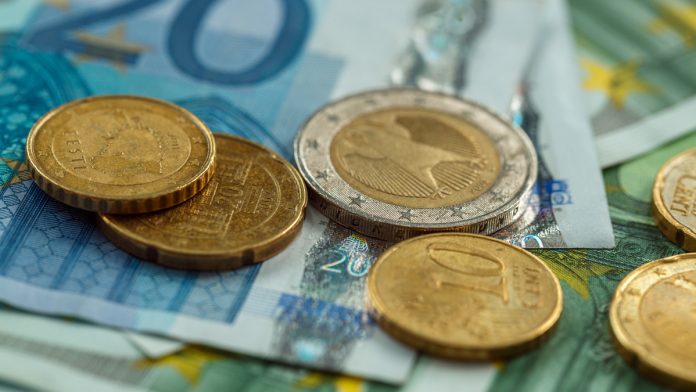The pound steadily declined versus the euro ahead of the Brexit vote on Tuesday, before surging higher shortly after. The pound euro exchange rate dipped to a nadir of €1.1135 before rallying to €1.1295.
As analysts had predicted, Theresa May’s Brexit deal was defeated in Parliament. The House of Commons voted 432 against the deal and just 202 in favour. This was a historic and humiliating loss for the UK Prime Minister. The leader of the opposition Jeremy Corbyn tabled a vote of no confidence, which will take place tomorrow.
The pound quickly pared losses following the crushing defeat as investors are taking an optimistic view. They are seeing this as paving the way towards the extension of Article 50, rather then the beginning of a no deal Brexit. The hope being that the delaying of Brexit increases the chances of a better deal being achieved or even Brexit not happening.
| Why is a “soft” Brexit better for sterling than a “hard” Brexit? |
|---|
| A soft Brexit implies anything less than UK’s complete withdrawal from the EU. For example, it could mean the UK retains some form of membership to the European Union single market in exchange for some free movement of people, i.e. immigration. This is considered more positive than a “hard” Brexit, which is a full severance from the EU. The reason “soft” is considered more pound-friendly is because the economic impact would be lower. If there is less negative impact on the economy, foreign investors will continue to invest in the UK. As investment requires local currency, this increased demand for the pound then boosts its value. |
Today Theresa May will face another vote of no confidence. Analysts are expecting her to survive after the DUP and other Tory rebels have guaranteed her their support.
The question is what next? Should Theresa May survive a vote of no confidence from the opposition, she will have until 21st January to say what Plan B is.
Germany Experiences Slowest Growth For 5 Years.
The weakest economic growth in 5 years for Germany ensured that the euro was on the back foot in the previous session. German GDP grew just 1.5% in 2018 compared with 2.2% in 2017, confirming fears of lacklustre growth for the powerhouse of Europe.
The slowing momentum in German growth, which started in the summer, is lasting longer than analysts predicted and is proving to be more than a temporary blip. This is unnerving investors. Weak economic growth means that the European Central Bank could struggle for reasons to raise interest rates as planned later this year. As a result, the euro dropped.
| Why do raised interest rates boost a currency’s value? |
|---|
| Interest rates are key to understanding exchange rate movements. Those who have large sums of money to invest want the highest return on their investments. Higher interest rate environments tend to offer higher yields. So, if the interest rate or at least the interest rate expectation of a country is relatively higher compared to another, then it attracts more foreign capital investment. Large corporations and investors need local currency to invest. More local currency used then boosts the demand of that currency, pushing the value higher. |
Today Germany will stay in focus with inflation data. Analysts are expecting German consumer prices to remain steady at 1.7% in December. This is below the 2% target rate. A weaker reading could drag the euro lower.
This publication is provided for general information purposes only and is not intended to cover every aspect of the topics with which it deals. It is not intended to amount to advice on which you should rely. You must obtain professional or specialist advice before taking, or refraining from, any action on the basis of the content in this publication. The information in this publication does not constitute legal, tax or other professional advice from TransferWise Inc., Currency Live or its affiliates. Prior results do not guarantee a similar outcome. We make no representations, warranties or guarantees, whether express or implied, that the content in the publication is accurate, complete or up to date. Consult our risk warning page for more details.
This article was initially published on TransferWise.com from the same author. The content at Currency Live is the sole opinion of the authors and in no way reflects the views of TransferWise Inc.





